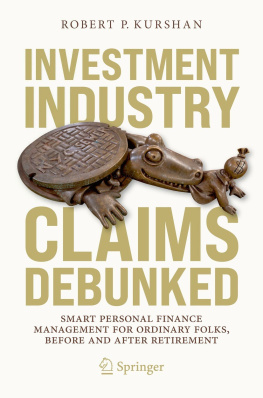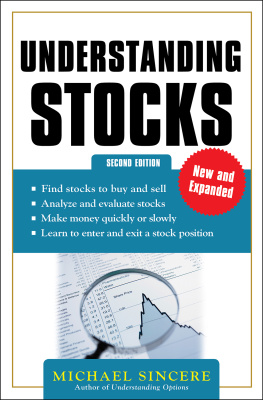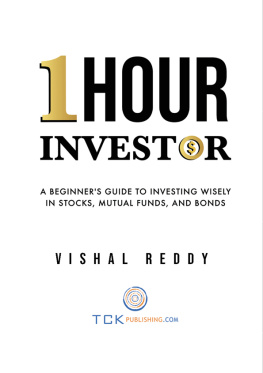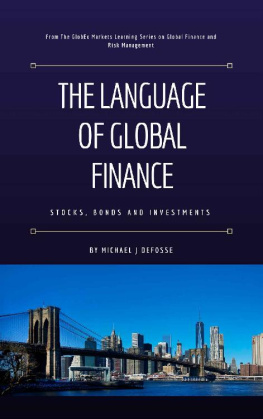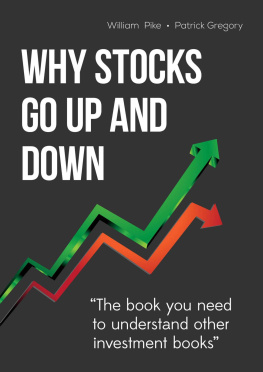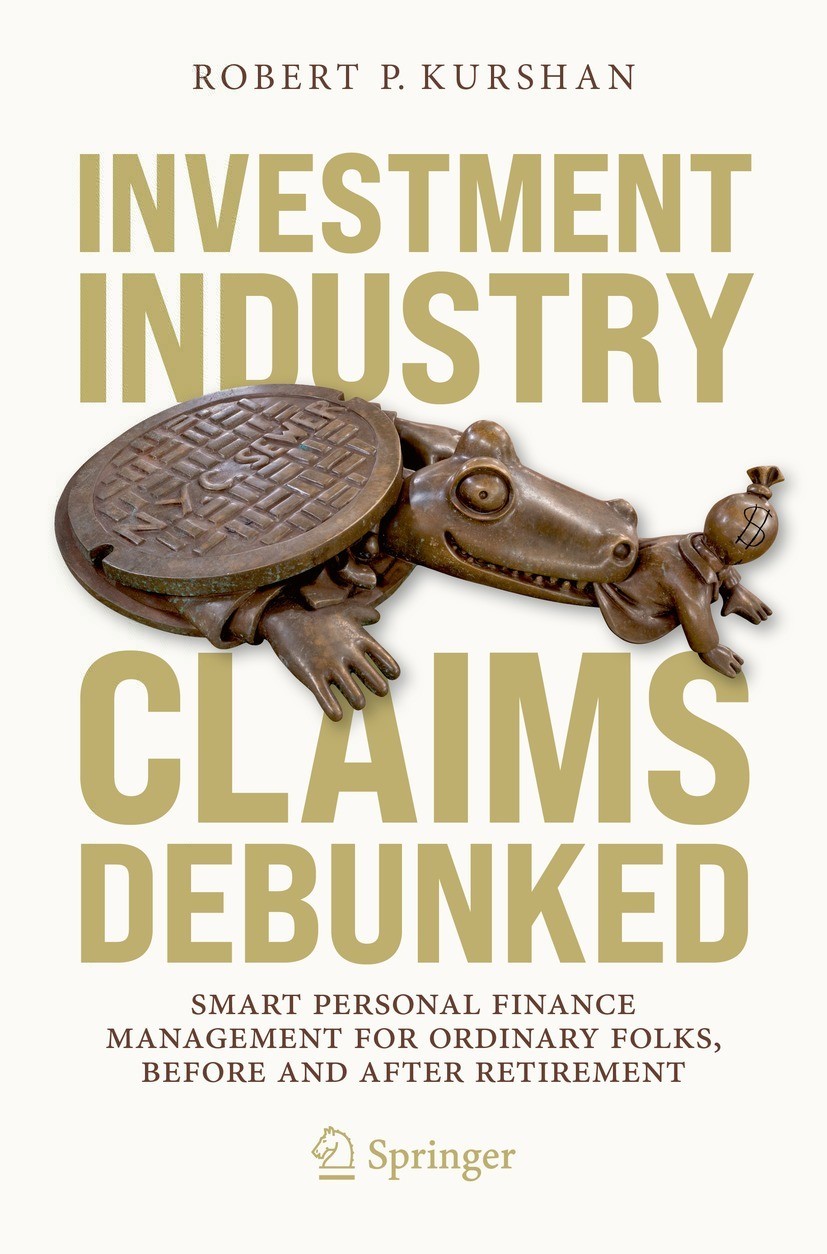Robert P. Kurshan
Distinguished Member of Technical Staff, Bell Labs Research (retired), Fellow, Cadence Design Systems (retired), New York, NY, USA
ISBN 978-3-030-76708-2 e-ISBN 978-3-030-76709-9
https://doi.org/10.1007/978-3-030-76709-9
The Editor(s) (if applicable) and The Author(s), under exclusive license to Springer Nature Switzerland AG 2022
This work is subject to copyright. All rights are solely and exclusively licensed by the Publisher, whether the whole or part of the material is concerned, specifically the rights of translation, reprinting, reuse of illustrations, recitation, broadcasting, reproduction on microfilms or in any other physical way, and transmission or information storage and retrieval, electronic adaptation, computer software, or by similar or dissimilar methodology now known or hereafter developed.
The use of general descriptive names, registered names, trademarks, service marks, etc. in this publication does not imply, even in the absence of a specific statement, that such names are exempt from the relevant protective laws and regulations and therefore free for general use.
The publisher, the authors and the editors are safe to assume that the advice and information in this book are believed to be true and accurate at the date of publication. Neither the publisher nor the authors or the editors give a warranty, expressed or implied, with respect to the material contained herein or for any errors or omissions that may have been made. The publisher remains neutral with regard to jurisdictional claims in published maps and institutional affiliations.
Photo credit: Artwork depicted on the cover is by Tom Otterness.
Cover photo credit: Katvan Studio, NY.
Jacket photo of the author credit: Miri Ben-Shalom.
This Springer imprint is published by the registered company Springer Nature Switzerland AG
The registered company address is: Gewerbestrasse 11, 6330 Cham, Switzerland
B. Gopinath
Preface
I have written this book for people who want to know what to do with the money they save: so that its there when they need it (to buy a home, pay for college, etc.), but also grows enough so they dont outlive it.
Although the book is written to be accessible to those with little or no prior knowledge of finance, the studies and conclusions presented here can benefit a multitude of investors who may consider themselves financially sophisticated, but never have bothered to sanity-check their basic investment assumptions. Unfortunately, much mainstream financial advice is simply incorrect.
The investment industry spins self-serving yarns. Foremost among them is that engaging with financial advisors and investing in actively managed funds will increase your wealth beyond what you could do on your own.
The industry is fixated on the importance of maintaining a balance (some chosen ratio) of stocks and bonds, shifting to more bonds as one ages. In fact, whats important is to have just enough bonds and cash to support spending needs from a stable source, and to replenish these through the sale of stocks at propitious times (when the stock market is not depressed). This is a central point of the book.
In contrast to the industry advice, this leads to a balance of stocks and bonds that is dynamically changing, in response to spending and market conditions. In fact, its common sense that stock holdings should be maximized, beyond spending needs, on account of their better return, while spending should come from more stable assets (bonds and cash) in order to avoid the unrecoverable loss from selling depressed stocksa loss that can be counterproductively forced by the industry standard to maintain a chosen balance. This industry standard also will degrade portfolio growth when stocks (depressed or not) are sold to cover regular expenses (a largely overlooked issue).
The investment industry touts investments like annuities and, for the US investor, rollovers to Roth IRAs, without providing accurate measures of their possible benefitsand often there are none, except to the brokers.
Industry fairy tales come in place of cogent analysis, delivering intuitively plausible advice that happens to be wrong. This includes the common advice on how best to use tax-advantaged funds: bonds in tax-advantaged, stocks not. The reality is more complicated, and at least for the US investor, the best solution by far involves putting stocks in an IRA, rolled over to a Roth, as a simple calculation shows. This opportunity apparently has been completely overlooked by the investment industry.
They get it completely wrong when advising to preserve the benefits of tax-advantaged funds by drawing them down last. Another simple calculation shows that the correct rule is to draw down last the investment giving the best returns, irrespective of whether it is tax-advantaged, while retaining enough bonds and cash to cover expenses. They tout dollar cost averaging, while widely available research shows that its disadvantageous.
The banking industry has created a fog of confusion over interest rates (APR, APY, IRR, ). This is easy to clarify once one understands the definitions. While it is tempting to accuse the banks of intentional deception, and that may be a part of it, a level of cluelessness also seems apparent. As I show, they simply may have confused themselves.
This book is a compilation of cogent information from published sources together with conclusions based on simple calculations. It derives from my investigations after I retired on how best to manage my own finances. With a degree in mathematics, I had no preconceived notions, no axe to grind and, frankly, little knowledge of or interest in finance. I wish I had bothered to look into these issues long beforeId be wealthier if I had.
I spent most of my career at Bell Labs, where I worked in the Mathematics Research Center. While there, I took leaves to teach (at The Technion, U.C. Berkeley and NYU). In my research, I developed a mathematical model for which I received two awards. It now is used commercially to check the correctness of integrated circuits. Related to that model, I am the inventor on a number of patents.
During my career, I never gave much thought to finance. My attitude toward money was: earn, save, spend. Before I retired, I made a rough calculation to see if with the money I had saved, I could afford to retire, and concluded that I could. As I later figured out that calculation was based on bogus assumptions, and in the end I was just lucky, saved by the recent big market up-swing.
Only in retirement, with no more salary, did I finally decide to take a closer look at managing my finances. I began to realize that it wasnt so simple. I spent months simply to understand the rudiments of how best to manage my investments while drawing on them for expenses; also learned: how to optimize Social Security, and how to handle healthcare.

